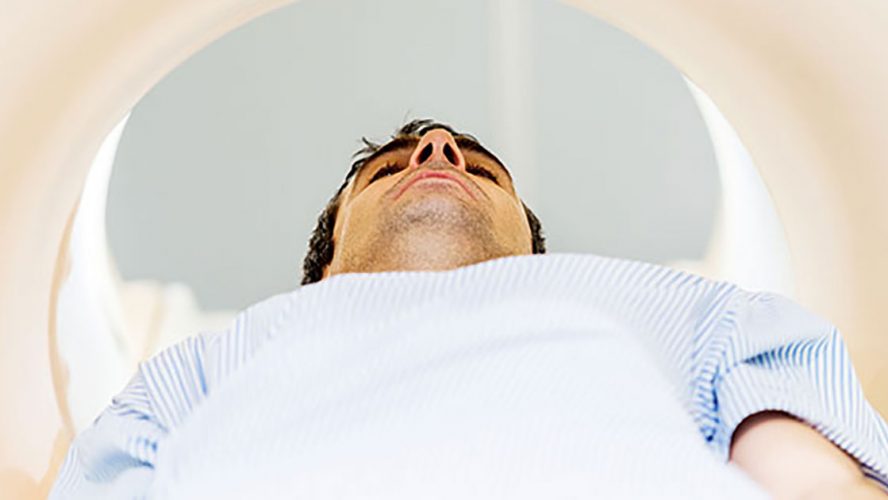Mary, a 60-year-old teacher, was referred to my office for possible radiation therapy following a lumpectomy for her breast cancer. As we talked about treatment and what she could expect, Mary shared with me her concerns about radiation.
Her mother was treated with radiation therapy following a mastectomy. Mary remembered that her mother had a severe skin reaction and later developed arm swelling. She worried she would suffer the same reaction.
Changing methods
Radiation treatments today are much more precise, allowing us to minimize side effects and protect surrounding organs like the heart and lungs. Based on Mary’s clinical situation, I recommended a shorter course of breast radiation, which is associated with even fewer side effects. She could likely expect a skin reaction, but I assured her that it is usually mild and can be managed with an over-the-counter skin cream.
Common questions
Mary’s questions are not uncommon. There are many misperceptions patients have about radiation therapy. A patient may remember side effects of a friend that had a different area treated. Different parts of the body have different reactions to radiation therapy. A patient may be concerned that they will become radioactive after external beam radiation and cannot be near children, which is not the case. A patient may worry that they will be unable to perform their daily activities. The majority of patients, however, do continue to work and lead normal lives during radiation treatments.
Ultimately, Mary chose the recommended shorter course of radiation therapy and completed the treatment in less than a month. She felt well and continued to teach throughout the month. Most importantly, at her recent six-month check-up, Mary had just a small, healed scar, and she continues to do well.
Here to help
Had Mary not talked with me about her fears, she may not have chosen the best course of action for her cancer. Don’t be afraid to have a similar conversation with your radiation oncologist. We are here to help give patients the most current information possible to help you make informed, educated decisions about your treatment.

